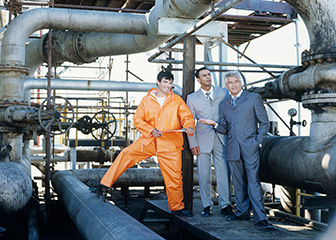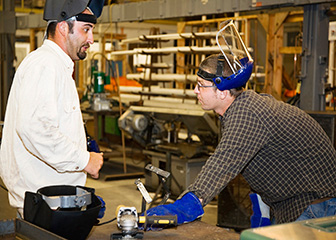Summary

| Quick Facts: Industrial Production Managers | |
|---|---|
|
$87,160 per year
$41.91 per hour |
|
| Bachelor’s degree | |
| 1 to 5 years | |
| None | |
| 150,300 | |
| 9% (Slower than average) | |
| 13,700 | |
What Industrial Production Managers Do
Industrial production managers oversee the daily operations of manufacturing and related plants. They coordinate, plan, and direct the activities used to create a wide range of goods, such as cars, computer equipment, or paper products.
Work Environment
Almost 80 percent of industrial production managers work in manufacturing industries. Most work full time, and many work long hours.
How to Become an Industrial Production Manager
Most employers require production managers to have a bachelor’s degree and 2 to 5 years of related work experience.
Pay
The median annual wage of industrial production managers was $87,160 in May 2010.
Job Outlook
Employment of industrial production managers is projected to grow 9 percent from 2010 to 2020, slower than the average of all occupations. Most of these managers are employed in manufacturing industries, which are expected to decline due to foreign competition and increased automation.
Similar Occupations
Compare the job duties, education, job growth, and pay of industrial production managers with similar occupations.
O*NET
O*NET provides comprehensive information on key characteristics of workers and occupations.
Contacts for More Information
Learn more about industrial production managers by contacting these additional resources.












